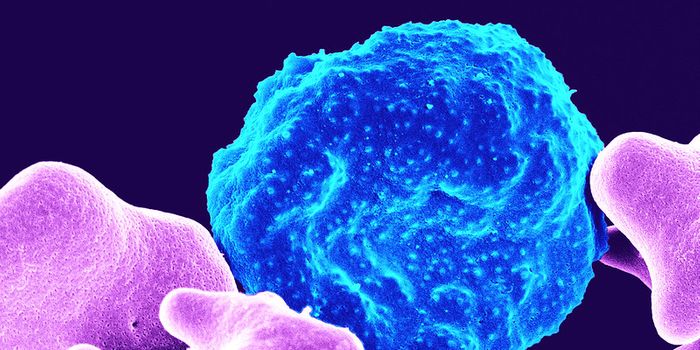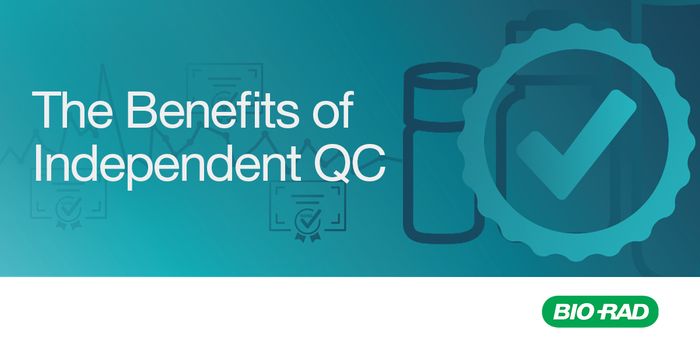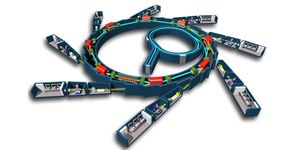Diagnosing Antisocial Personality Disorder
Antisocial personality disorder (APD), a mental disorder, is sometimes referred to as sociopathy. Persons with the disorder often show no regard for right or wrong and tend to ignore the feelings of others. They also tend to be manipulative and antagonistic towards others. They will often treat other people harshly or display callous indifference. Additionally, those with APD tend not to show guilt or remorse for their actions.
Indications that a person may have APD may include frequent violations of the law, violent or impulsive behavior, or problems with drugs or alcohol. Other signs and symptoms include disregard for right or wrong, consistent lying, high levels of cynicism, and the tendency to manipulate others. People with the condition may seem incredibly arrogant and have a sense of superiority over their peers.
Though persons with APD are unlikely to seek the advice of a mental health professional for the disorder, they may seek assistance to deal with other issues. These generally include depression, significant irritability, or because of regularly failed interpersonal relationships.
APD is thought to be caused by both inherited tendencies and environmental factors. It may be the case that genetics make a person vulnerable to the condition, and life situations then trigger its development. It may also result from changes in the brain during development.
Diagnosis of APD can be difficult because patients are unlikely to seek help and may not provide an accurate account of their symptoms. Interviewing persons who interact with the patient may give a more complete picture of how they relate to others. This is important because the way patients relate to others is a critical component of diagnosis. Other components of the diagnosis will rely on evaluating a patient's thoughts, feelings, relationships, and history of behavior.
It's important to note that it is not possible to diagnose patients under the age of 18 with APD. That said, youth will likely show symptoms and may even be diagnosed with conduct disorder (CD) in childhood. Some behaviors common to CD are truancy, delinquency, and other aggressive or disruptive behaviors.
The above video from Medical Centric goes into detail about APD and its diagnosis.
Sources: Mayo Clinic, Medical Centric, National Health Service










